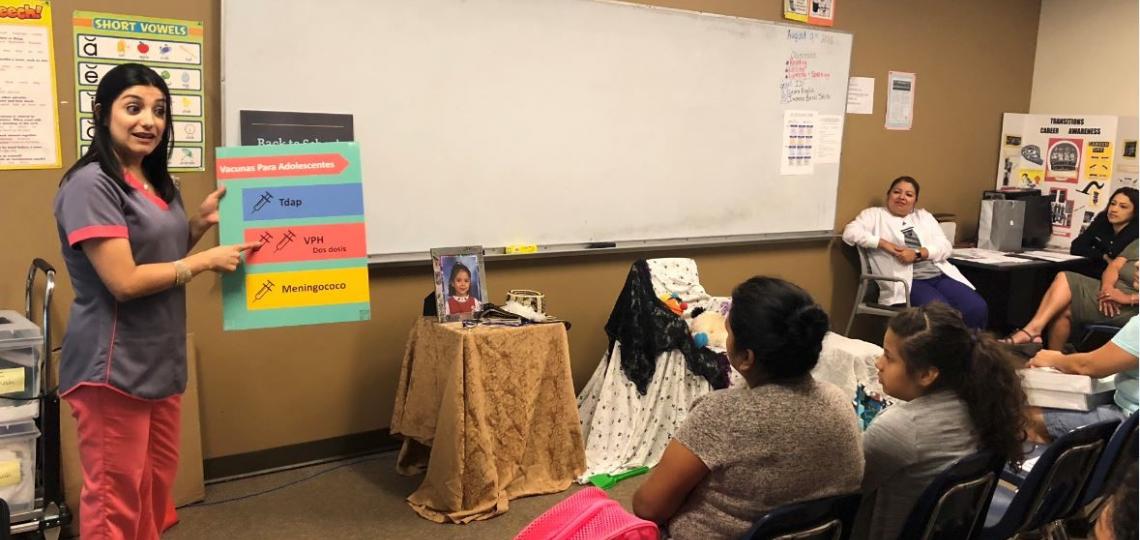
The human papillomavirus (HPV) is the virus that is commonly known to cause cervical cancer. Early and regular screening can prevent cervical cancer by finding abnormal (precancerous) changes in the cervix cells so that they can be treated before they become cancerous. When cervical cancer is detected early, it can be treated successfully.
Risk Factors
Risk factors that may increase a woman’s chance of having cervical cancer include:
- Human Papillomavirus infection
- Smoking
- HIV/AIDS
- Chlamydia infection
- Being overweight
- Multiple full-term pregnancies
- Young age at the first full-term pregnancy
- Family history of cervical cancer
There are many women who exhibit no risks and still may develop cervical cancer. Therefore, it is recommended that every woman should have regularly scheduled HPV or HPV/Pap cotests.
HPV Test and HPV/Pap Cotest
The HPV/Pap cotest is a procedure in which a human papillomavirus (HPV) test and a Pap test are done at the same time to check for cervical cancer. The HPV test looks for DNA or RNA from certain high-risk types of HPV in samples of cells taken from the cervix. The Pap test checks for cervical cancer cells and cell changes that may lead to cervical cancer. The same cell sample may be used for both the HPV test and the Pap test. Cotesting is more likely to find abnormal cells or cervical cancer than a Pap test alone is. Also called Pap/HPV cotest.
The American Cancer Society recommends cervical cancer screening with an HPV test alone every five years for everyone with a cervix from age 25 until age 65. If HPV testing alone is not available, people can get screened with an HPV/Pap cotest every five years or a Pap test every three years.
Those who received the HPV vaccine should follow the screening guidelines for their age group:
- Women over the age of 65, and who have previously been diagnosed with precancerous cervical cells should continue screening.
- Individuals with an HIV infection, organ transplant, or exposure to prescription drug DES, diethylstilbestrol, may need more frequent Pap screenings. The patient should talk with her healthcare provider to further the appropriate screening plan.
Some women can stop having Pap screenings. This would include women who:
- Had their uterus and cervix removed in a hysterectomy and have no history of cervical cancer or pre-cancer should not be screened.
- Are 65 years and older who received regular Pap screenings and had normal results.
It is important to continue screening for cervical cancer during the COVID-19 pandemic. Doctors follow COVID-19 safety protocols during all procedures, including HPV/Pap cotests. In addition to cervical cancer, HPV can also cause head and neck, anal, penile, vaginal and vulvar cancers later in life.








